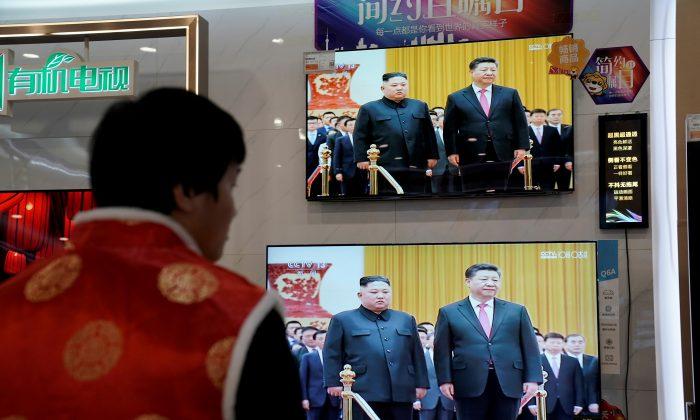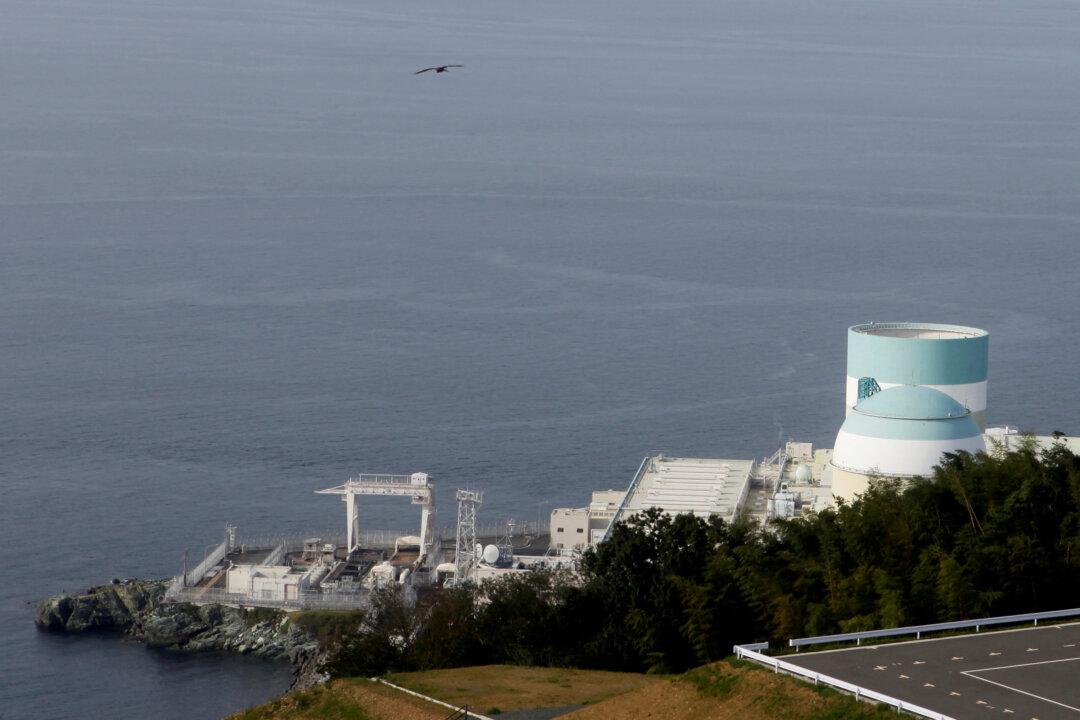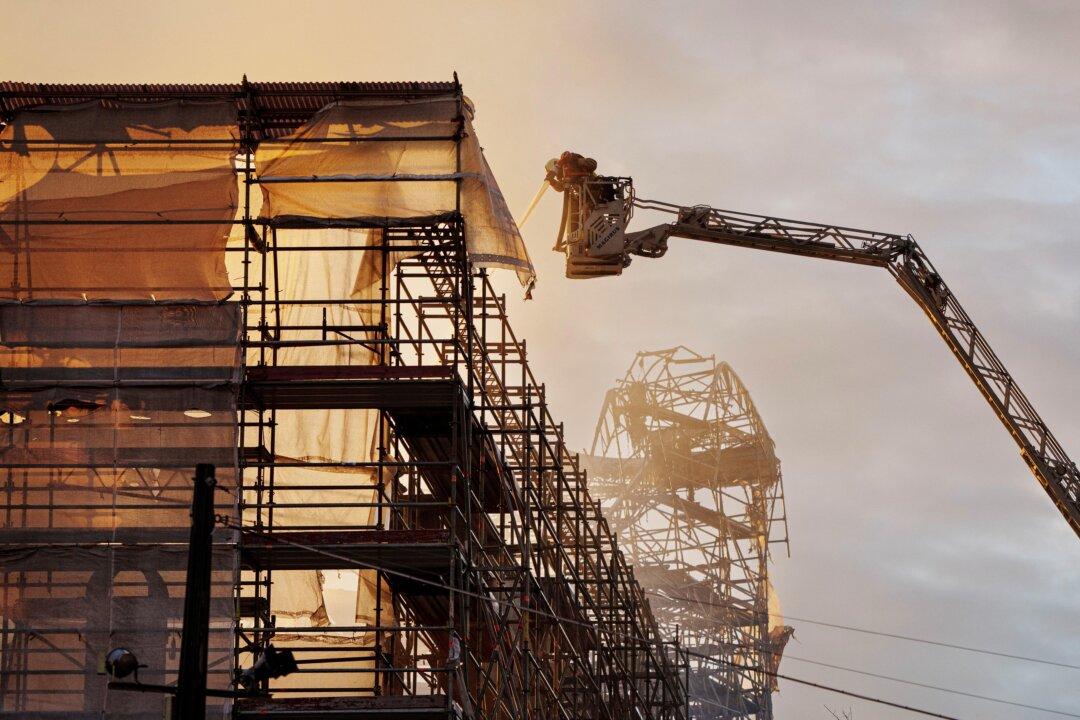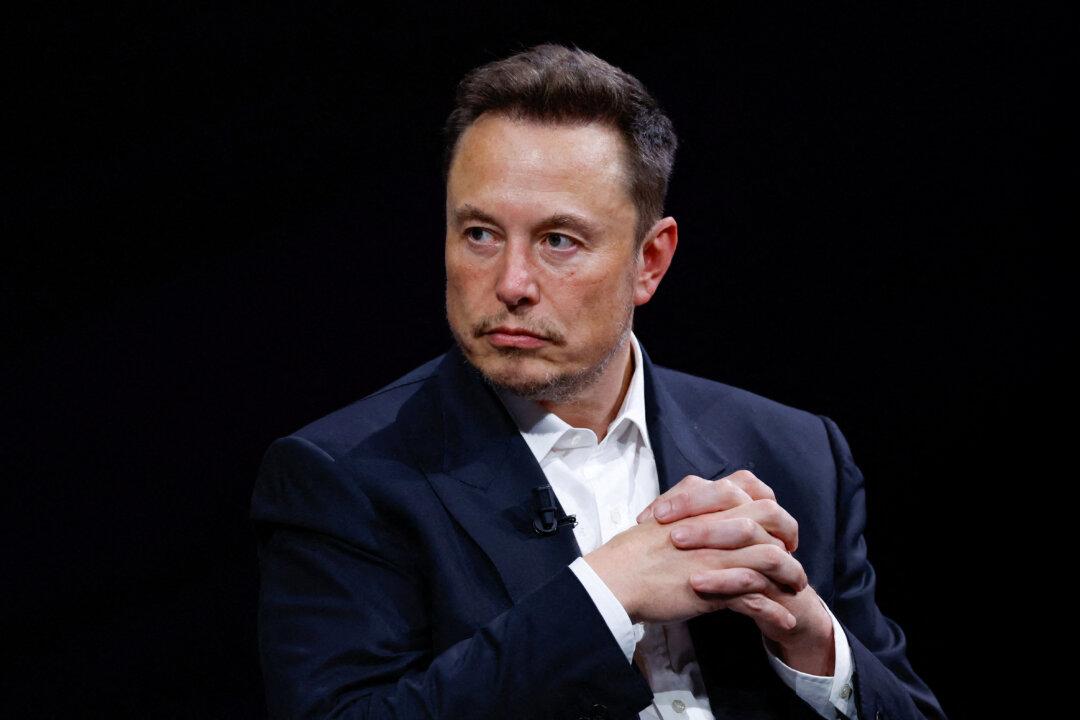BEIJING—Chinese leader Xi Jinping will visit North Korea for two days beginning June 20, state media in both countries reported on June 17, making him the first Chinese head of state to visit in 14 years.
Neighboring China is reclusive North Korea’s only major ally, and the visit comes amid renewed tensions between the United States and North Korea over efforts to persuade Pyongyang to give up its nuclear weapons.
The invitation was made by North Korean leader Kim Jong Un, state media in both countries said.
Xi’s visit kicks off a flurry of high-level diplomatic activity around the Korean Peninsula, with Trump set to visit ally South Korea after the G-20 summit this month in Osaka, Japan.
South Korean President Moon Jae-in’s office said he and Xi would hold talks during the G-20.
Visit Long Expected
Kim has made four visits to China since March 2018, CCTV reported. The first, conducted largely in secret, was his first known trip abroad since he assumed power in June 2011.Diplomats had long expected Xi to visit Pyongyang; one Western diplomat in Beijing said it was likely that the Chinese leader had a standing invitation, and had chosen to take it up with the G-20 summit approaching, “It’s Xi showing Trump that China still has an important card to play—North Korea.”
This year marks the 70th year since China and North Korea established diplomatic ties, CCTV noted.
Kim and Trump held a summit last year in Singapore and one in Hanoi this year, but hopes for rapid progress toward denuclearization have faded. The United States demands that North Korea make verifiable progress toward giving up its nuclear weapons before any sanctions are eased.
The United States placed punitive sanctions on North Korea when the reclusive state undertook a series of nuclear and ballistic missile tests in 2017, cutting off its main sources of hard cash.
There has long been skepticism about whether Kim would be willing to give up the nuclear weapons his military had spent decades developing and that, according to many North Korea watchers, he felt ensured his regime’s survival.
North Korea and U.S.-supported South Korea have been locked in an armed standoff since their 1950-53 war ended in a truce, but not a peace treaty.
Amid existing international sanctions on North Korea following its weapons tests, China, which is North Korea’s largest trading partner, remains a key economic lifeline for the isolated country.
China appears to have relaxed enforcement of sanctions on Pyongyang, as relations between China and North Korea have thawed after the longtime ally of Beijing began to engage with the United States this year, a U.S. congressional commission said.
The last Chinese leader to visit North Korea was Hu Jintao in 2005. Xi traveled to North Korea in 2008 as a vice president.






Friends Read Free